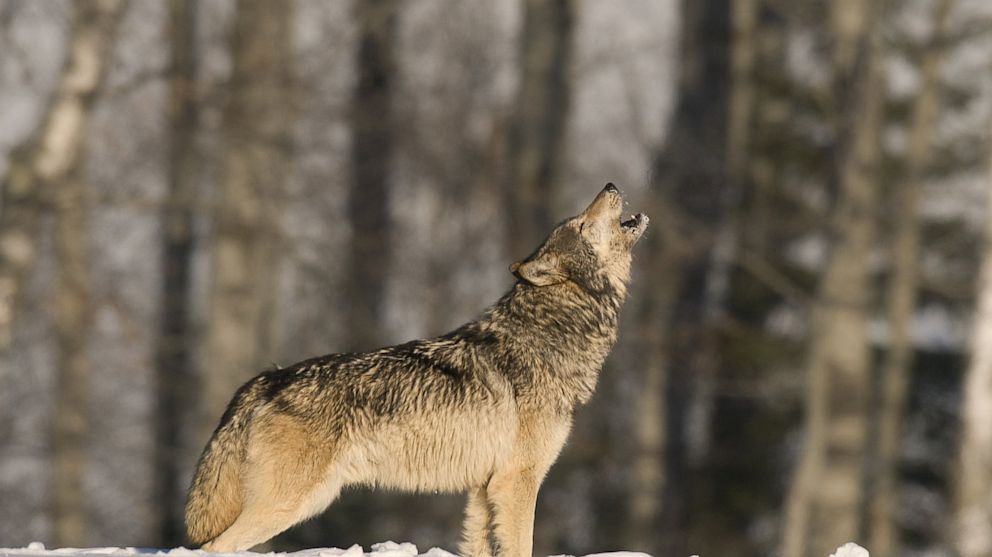| Recent Featured Videos and Articles | Eastern “Orthodoxy” Refuted | How To Avoid Sin | The Antichrist Identified! | What Fake Christians Get Wrong About Ephesians | Why So Many Can't Believe | “Magicians” Prove A Spiritual World Exists | Amazing Evidence For God | News Links |
| Vatican II “Catholic” Church Exposed | Steps To Convert | Outside The Church There Is No Salvation | E-Exchanges | The Holy Rosary | Padre Pio | Traditional Catholic Issues And Groups | Help Save Souls: Donate |  |









 " />
" /> " />
" /> " />
" /> " />
" /> " />
" />




Why do Wolves Howl?
abcnews.go.com The most ferocious predator in the forest, despised by cattle ranchers and feared by humans and nearly every other animal, has a soft side. Scientists in Austria have found that when wolves howl after being separated from a pack member, they are just showing a little love. Researchers at the Wolf Science Center and the University of Veterinary Medicine, Vienna, set out to determine if the howl of a wolf is an involuntary cry caused by stress or a conscious result of separation from a companion that is particularly important, either because of social rank within the pack or genuine affection for a preferred mate.
Affection -- or love, if you're a romantic -- clearly won out.
"Our results suggest the social relationship can explain more of the variation we see in howling behavior than the emotional state of the wolf," Friederike Range, lead author of a study published in the journal Current Biology, said in releasing the report.
In other words, the wolves howled the most when they had a special relationship with the missing member of the pack. The level of anxiety caused by the separation, as determined by measurements of the stress hormone cortisol in the wolves' saliva, had virtually no effect on the howling. That indicates it was friendship, not anxiety, that caused the ruckus. However, a wolf with high social standing also earned a robust vocalization from the pack.
In recent years, scientists around the world have documented cases of human-like emotions in animals, including empathy, generosity and love, but the wolf study may be a little surprising because the apex of the canine family has a bit of an image problem. They are supposed to hate, not love.
to read more click here: abcnews.go.com
Researchers at the Wolf Science Center and the University of Veterinary Medicine, Vienna, set out to determine if the howl of a wolf is an involuntary cry caused by stress or a conscious result of separation from a companion that is particularly important, either because of social rank within the pack or genuine affection for a preferred mate.
Affection -- or love, if you're a romantic -- clearly won out.
"Our results suggest the social relationship can explain more of the variation we see in howling behavior than the emotional state of the wolf," Friederike Range, lead author of a study published in the journal Current Biology, said in releasing the report.
In other words, the wolves howled the most when they had a special relationship with the missing member of the pack. The level of anxiety caused by the separation, as determined by measurements of the stress hormone cortisol in the wolves' saliva, had virtually no effect on the howling. That indicates it was friendship, not anxiety, that caused the ruckus. However, a wolf with high social standing also earned a robust vocalization from the pack.
In recent years, scientists around the world have documented cases of human-like emotions in animals, including empathy, generosity and love, but the wolf study may be a little surprising because the apex of the canine family has a bit of an image problem. They are supposed to hate, not love.
to read more click here: abcnews.go.com
Sign up for our free e-mail list to see future vaticancatholic.com videos and articles.
Recent Content
^